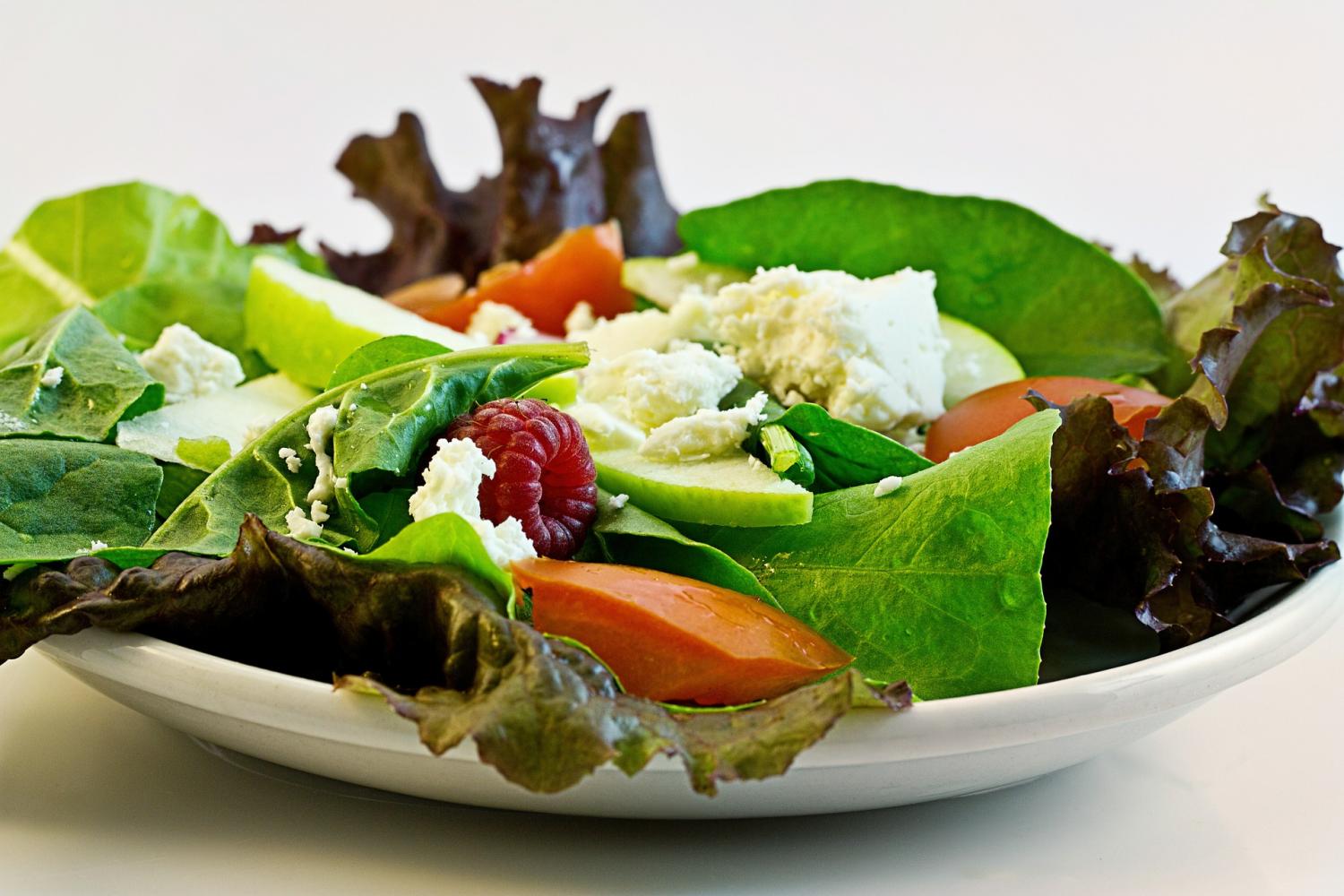One would rarely see vegetarians who are overweight. After all, these men and women stop eating meat completely in exchange for mostly healthy veggies and fruits. People who choose to become vegetarians do it not only for health reasons; some quit the meat for moral or even religious reasons.
Quite interestingly, there are many people who become vegetarians because they think this would help them lose weight.
In that case, why do some vegetarians still look for a weight loss diet? Shouldn’t they be eating all the right foods already?
Weight Loss for Vegetarians
Truth be told, there are still overweight vegetarians. In fact, there are so many of them. Especially those who recently switched to becoming a vegetarian, lack of proper knowledge makes losing weight a difficult process. Some believe that not eating meat would be enough to lose weight so they don’t exercise at all.
Others don’t even know how to properly replace important proteins in their diet so they end up feeling bloated, hungry most of the time or even less energetic.
If you’re a vegetarian and you want to lose weight, you must first know that you are not alone in this journey. There are people who are experiencing the same thing and just like you, they’re now searching for ways to go on a weight loss diet.
Tips for an Effective Weight Loss Diet for Vegetarians
To help you out, here are some tips you can keep in mind:
1. Never skip your physical activity on a daily basis.
Not because you have a healthier diet compared to other people, you can stop exercising altogether. Even if you eat green leafy vegetables all day with very few sinful snacks and sweets, you still won’t lose weight that you put on by simply sitting down. Spend at least 30 minutes of your day exercising. Sweat out the toxins from your body. Not only will exercising make you feel energized, but it will also help tone your body and make you lose weight.
2. Find the healthy foods you are allowed to eat as a vegetarian.
A common mistake, especially among new vegetarians, is their lack of knowledge on what they’re allowed to eat. One would think that they have limited food choices just because they’re vegetarian. Truth is there are so many foods out there that vegetarians are allowed to eat. Truth is, there are vegetarians who can still eat eggs and cheese.
You can be a vegan who eliminates meat, fish, poultry, dairy products, and eggs completely from their diet.
A Lacto-ovo vegetarian can eat eggs and dairy products such as cheese but does not eat meat, poultry, and fish. A Lacto-vegetarian does not eat eggs, fish, poultry, and meat. Determine which of the three vegetarians are you so you can have more choices of ingredients.
By knowing the food that you’re allowed to eat, you don’t have to eat so much of just one kind of food. You would know the best way to replace proteins and carbs that would give you the energy to exercise. Among the things you must remember having on a daily basis are whole grains, meatless proteins, healthy fats, fruits, and vegetables.
3. Avoid unhealthy ingredients such as sugars and grains.
As a vegetarian, you can eat grains and sugars. A common mistake is eating too much of these, so one would feel full despite having to eat mostly veggies every day. Sugar is fattening. Grains such as rice, bread and pasta, when taken in larger proportions can be fattening too. You don’t have to avoid this altogether, you must learn how to control what you can eat.
Low-Calorie Diets for Vegetarians
Some dieticians will tell you that counting calories and using a low-calorie diet are the best approach to losing weight for vegetarians. Low-calorie diets mean work on the principal of lowering the calories you take in while increasing the number of calories we burn in a day equals weight loss. Most weight loss diets aim at keeping calorie intake to 1000 to 1500 a day.

However, not everyone will lose weight with a 1000 calorie a day diet. The actual number of calories you need to function properly is dependent on your current weight, your metabolism, and how active you are during the day.
Based on these factors, you can determine how many calories your body needs to function. What is the right amount of calories for you may not be the same amount for someone else?
Counting calories is important!
You can safely lose a pound of weight each week without any ill effects on your health. When you start on a diet, you will first lose water weight. It will seem like you are losing more weight than you actually are but you are only losing water and the bloated feeling.
A dietician can help you to determine the correct amount of daily caloric needs that is right for you and how much you should take in if you wish to lose approximately a pound of weight each week.
Choose nutritious food!
It is vital that what you eat is nutritious and not just low, empty calories. You still maintain the minimum dairy recommended level of vitamins, minerals and protein. Protein is important for strengthening your muscles, teeth and for maintaining good skin tone. You should include protein sources in your diet from food sources such as eggs, beans, nuts, and fish. Most vegetarian nutritious diets call for two sources of protein a day.
Despite the fact that low-carb diets are popular, dieticians believe that most of us need at minimum 100 grams of carbohydrates each day. We also need at least 20 grams of fiber each day because we need that for proper digestion. Dieticians also recommend that only 1/3 of all our calorie intake comes from the fat in our diets if you hope to keep off the excess weight.
Do not skip meals!
It is not a good idea to cheat by skipping meals in order to keep calorie low. In order to keep your metabolism levels consistent, you need to eat on a regular schedule.
Water is important!
Water should be an important part of any diet. Your body needs at least eight glasses of water each day.
The danger involved in a low-calorie diet is that individuals can be tempted to take in fewer calories than are necessary for the regular body functions. Your body needs energy for your muscles to function. When you cut down on calories you do so by cutting out food and in turn you cut out some of the nutrients your body needs to stand healthy and strong.

